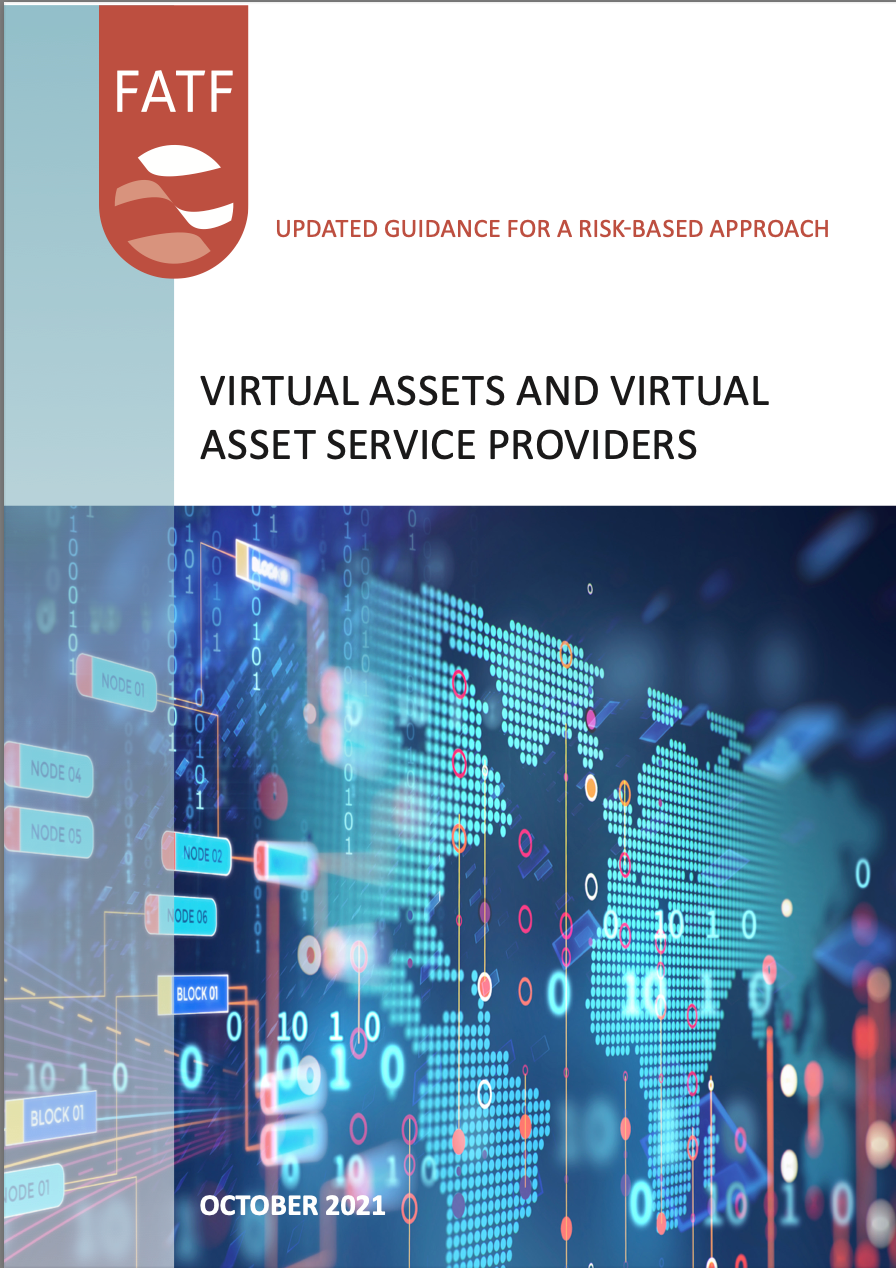
Expansion of Cryptocurrency Regulations: Highlights of FATF’s 2021 Latest Anti-Money Laundering Guidance for Cryptocurrencies
This article will briefly introduce the importance of this revision and the key points worthy of attention.
Importance of this amendment
In the meeting of the financial heads and central banks of the G20 countries (2021.10.31 in Washington, DC, USA), it was mentioned that
We also welcome the second 12-month review on the global implementation of the Financial Action Task Force (FATF) standards on virtual assets and virtual assets service providers and look forward to the updated Guidance for a risk-based approach in the sector. In line with the findings of the review, we note the importance of jurisdictions implementing the revised FATF Standards on virtual assets.
(Simple translation) We look forward to the second annual report on the global implementation of FATF virtual currency (cryptocurrency/virtual currency) and the benchmarks set by its exchange operators, as well as FATF’s updated guidelines based on risk control methods.
At the G20 meeting, the heads of relevant ministries and associations of various countries mentioned this guideline, and I believe that in the future, whether the G20 or other countries will soon make legal and institutional changes based on this guideline.
Directory of this guide

【 Chapter 1 】 Introduction
[ Chapter 2 ] Definition and object proposed by FATF _ With the development of stable coin and Defi as the background, detailed guidance on the definition of virtual currency industry is required)
【Chapter 3 】Applicability of FATF Guidelines to Government Agencies_Interpretation of FATF Guidelines and Interpretation Notes for Member States and Authorities
[Chapter 4 ] FATF Guidelines on Registration and Franchisees
【Chapter 5 】Country Cases
【Chapter 6 】Guidelines for Inter-Government Relations and Information Sharing
6 key points of this guideline revision
- The scope of application of the FATF benchmark: The judgment of the virtual currency platform and transaction business business (VASP) of an individual entity is not based on the name , but needs to be judged according to the function .
- DeFi: The owners/operators responsible for the operation of DeFi should be the virtual currency platform and transaction business enterprise (VASP). Whether it should be considered that DeFi owners and operators have the following judgment criteria
- ①Whether there is a subject that can control assets, agreements or have significant influence,
- ②Whether there are entities that can obtain benefits from DeFi assets or their structures,
- ③ Whether the subject that can set the smart contract or change the parameters of the smart contract exists.
- NFT: In general, it is not considered as virtual currency (virtual currency, cryptocurrency), but if it can be used in financial situations such as payment, it has the possibility of worthy of virtual currency (virtual currency, cryptocurrency).
- The risk of P2P transactions is reduced: It is expected that countries can grasp the actual status of P2P transactions and the corresponding models of countries that are expected.
- Stable coin (stable coin): Stable coin is used as virtual currency (virtual currency, cryptocurrency) or other financial assets, and is also the object of the FATF benchmark. As for CBDC, it is excluded from virtual currency (virtual currency, cryptocurrency), but it is also one of the concerns of anti-money laundering.
- Travel rule: Information, time points, etc. that must be notified between the transfer company and the recipient company (the biggest and most important update this time)
- License/Login Review: The Necessity of International Cooperation between Governments and Points to Note Regarding Stablecoins.
- Principles of information sharing and monitoring of international cooperation: Revelation of general principles.
The above are the six key points of this revision. The following articles will introduce the revised guidelines in detail and the key points that must be paid attention to. This guideline greatly promotes the anti-money laundering requirements of virtual currencies (virtual currencies, cryptocurrencies). Whether it can effectively prevent the successful transfer of criminal proceeds through cryptocurrencies and how governments will respond, it is worth our continued attention.
Like my work?
Don't forget to support or like, so I know you are with me..
Comment…